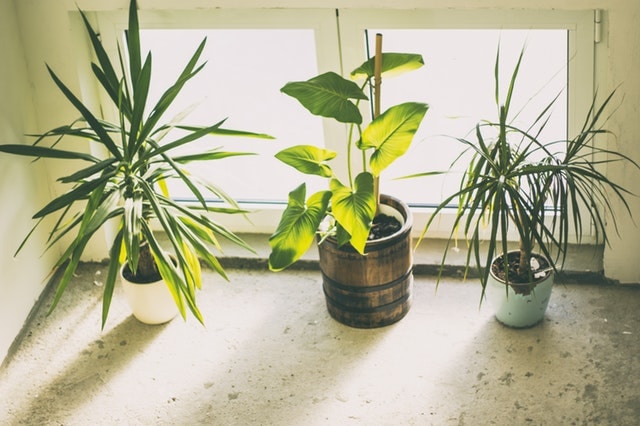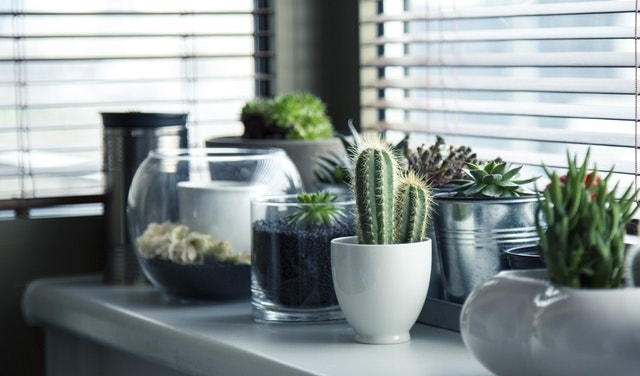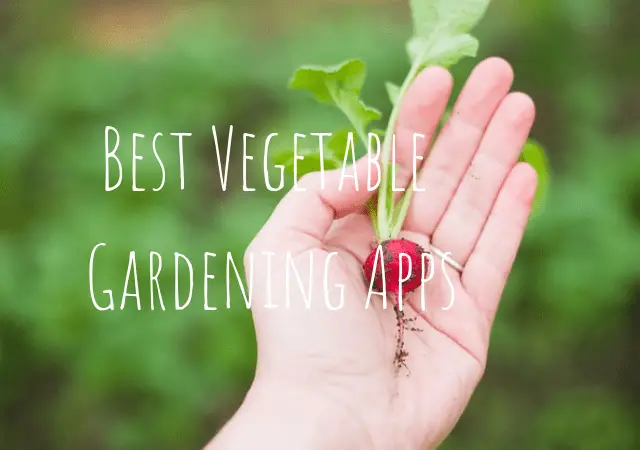Last Updated on 2 years ago by Priyanka Handique
Most people think that gardening is best for older adults. But it is a misconception. Gardening is the best form of exercise and can be started from early childhood.
Most children are nowadays not going outside to play and spend their leisure hours watching TV or playing video games which significantly affects their physical and mental health. But gardening is the best outdoor activity and can have ample benefits. It not only helps in building self-confidence in children but also develops focus and memory.
The article discusses the importance of gardening in early childhood education. So, keep reading this article to know more about the information.
14 Benefits Of Teaching Gardening In Early Childhood Education
Gardening is a great hobby that is not restricted only to older adults. It can even be done in early childhood days. Your child will get practical knowledge through gardening. It also improves concentration, patience, memory, and many more.
We have listed below the importance of gardening in early childhood education.
1. Gardening Helps In Improving Motor Skills
A study has shown that an average child spends only 6 minutes a day outside, and less than 25 percent of children don’t meet the necessary physical activities.
Gardening is one of the best outdoor activities, and it involves many motor skills like digging, watering plants, mulching, watering, applying fertilizer, sowing seeds, and many more. These small tasks will help increase confidence and improve motor skills when the children grow up, like typing writing, and many more.
2. Encourages To Eat Healthily
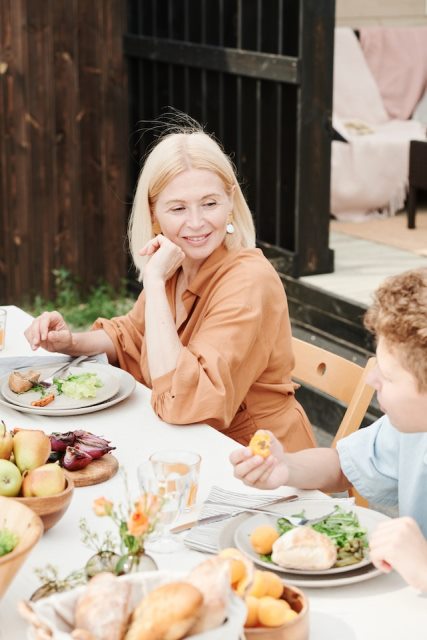
Eating healthy fruits and vegetables is good for the health of a child. But most children refuse to eat them, especially green veggies like spinach and coriander, which finally affects their health.
But when a child involves in gardening and grows carrots, beans, or any healthy fruits in his garden, he feels pride in eating them. In short, growing healthy fruit and vegetables encourages a child to eat something healthy daily, which helps in increasing memory and brain development. Additionally, eating healthy food reduces the risk of diabetes, high blood pressure, and other diseases in children.
3. Improves Mood
Gardening is one of the best ways to spend time with nature. Children remain usually stressed because of peer pressure, homework, and many more things.
But spending some time gardening can help in reducing stress and improves mood. It teaches your child to remain calm, control emotions and relax during difficult times.
Again spending some time in nature can help your child to stay happy. A study has shown that gardening for 30 minutes can help reduce cortisol hormone significantly. As a result, they can better focus on studies or other important work.
4. Improves Bonding
Parents can also indulge while their child involves in gardening work. Both children and parents can work together to grow various fruits and vegetables. You don’t need a large backyard to do gardening. Small pots on your balcony are sufficient for creating numerous memories. It even helps strengthen the bond between parents and children.
5. Increases Self Confidence
Self-confidence is quite crucial in a child’s life. But that does not come in one day. Gardening is an excellent way to increase self-confidence in a child’s life. When a child looks after a plant, from sowing seeds to blooming and plucking fruits, then it naturally develops self-confidence in him.
6. Develops A Sense Of Responsibility
When a child takes care of seeds and plants, then it naturally develops a sense of responsibility in him.
You must monitor your child’s gardening work and help him when needed without interfering too much.
It helps teach your child that good things will take time and effort to bear fruit. It will also help your child understand the importance of environmental preservation.
7. Improves Focus, Memory, And Patience
Nowadays, most children don’t have much patience, and they want their desires to full fill immediately. But gardening can help to develop patience in a child.
The child needs to wait, from sowing seeds to bearing fruit which naturally instills patience. Allow your children to make small mistakes during gardening work because mistakes will help them to learn numerous things related to gardening. You need to give full space to your child and encourage them to take responsibility for the plant, from sowing seeds to mulching, watering, pruning, and bearing fruits. We recommend that your kids start sowing seeds that are fast growers so they can witness the effort needed to grow a plant. He will not even lose interest in growing plants. The consistent involvement of the child in gardening work will help develop focus and memory.
8. Engages All Sense
Gardening is an excellent playground for the kid, and it encourages all five sense organs. It is a place that enables your child to feel the soil texture, see the fancy colored flowers and smell them, hear the buzzing of bees or rustling of leaves and touch the fruits.
It’s not necessary to have a large yard to cultivate fruits and flowers. Gardening work can be done on your small balcony with a few pots.
Involving various sense organs can help develop your child’s curiosity and passion.
Your child will simultaneously learn numerous skills from gardening work.
- Reliability
- Responsibility
- Self-confidence
- Learning
- Curiosity
- Patience
- Physical activity
- Explore nature
- Teamwork
- Crafting work
- It involves Math work like counting days
9. Introduces Science
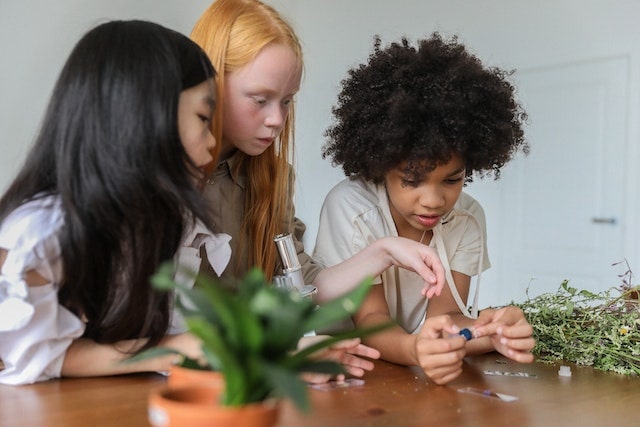
Gardening is an exciting way to teach science to children. It is a unique and engaging approach to teaching science to kids.
Your child can become a part of the learning process and start gaining practical knowledge usually not present in textbooks.
When kids sow seed for the first time, they become curious about what will happen next. They start creating their hypotheses and monitor daily the growth of the seeding. Once the kids grow, they begin to understand the impact of sunlight and water on plants.
Gradually, the kids will understand which plant requires more sunlight or water to grow healthy. Simultaneously they will begin to understand the impact of pollution on the environment and the importance of trees. So, gardening is a wonderful way for kids to learn science.
Below are a few science examples your kid can learn through gardening work.
- Botany -By interacting with plants and dissecting seeds, your child can learn about Botany.
- Chemistry – By composting
- Math- planting seeds, counting the days the seed will grow, and then creating a graph. Kids can also identify numerous shapes in the garden, increasing their math skills.
- Meteorology – Monitoring weather and garden effects.
10. Get Close To Nature
When your kid plants flowers like sunflowers or roses, it attracts butterflies and bees to your garden. It will attract bees and butterflies in the garden; thus, your kid will be closer to nature.
11. Have Fun
Kids remain usually stressed because of homework and parental and peer pressure. They also need some fun work to relax their mind to better concentrate on their studies. Most of the fun activities require you to buy costly toys.
But gardening is an inexpensive way to have a lot of fun. You don’t need to buy expensive tools to relax your mind. A small pot with soil and sowing seeds, watering, and observing the germinated seed will make it enough to relax your kid’s mind. It will provide many hours of fun for your kid.
12. Digging Dirt Can Make Your Kid Healthy
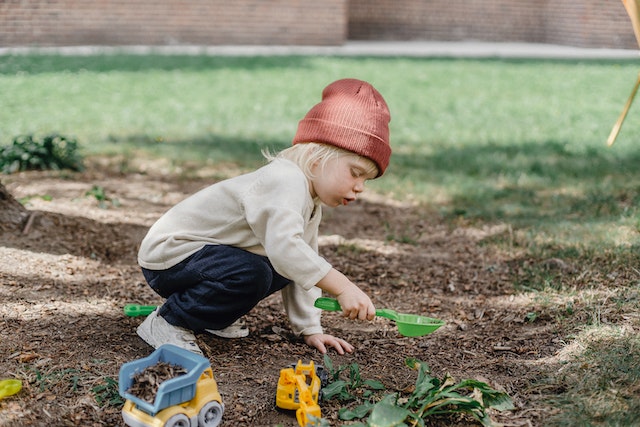
Many studies have found that children on farms are less prone to respiratory diseases like asthma than in urban areas.
Gardening involves a lot of dirt work, like digging soil, mulching, and many more. Involving your kid in gardening work is a wonderful way to involve in the dirt; thus, there will be a reduced risk of respiratory diseases.
13. Keep Kids Active
Most kids in today’s era want to play video games or computer games, which makes them lethargic and physically inactive. But involving in gardening work can make their muscles stretched. It also involves bending work. So, in short, gardening involves a lot of exercises that can keep your kids healthy and active.
14. It helps To Live Longer
Gardening is a wonderful way to stay away from a sedentary lifestyle. So, it will help your kids to live for many years.
Conclusion
Most people today have started living in apartments. You may think that gardening is impossible on an apartment balcony. But it is possible. Try to purchase big pots, fill them with potting soil mix, and tell your kids to sow seeds.
Gardening is a great way to teach your kids science and that also in a practical way. It will also help kids to learn responsibility, self-confidence, patience, and many more things.
We have discussed the importance of gardening in early childhood education and hope you like it.
MORE POSTS: 20 Best Social Development Activities For 3-5 Years Old

